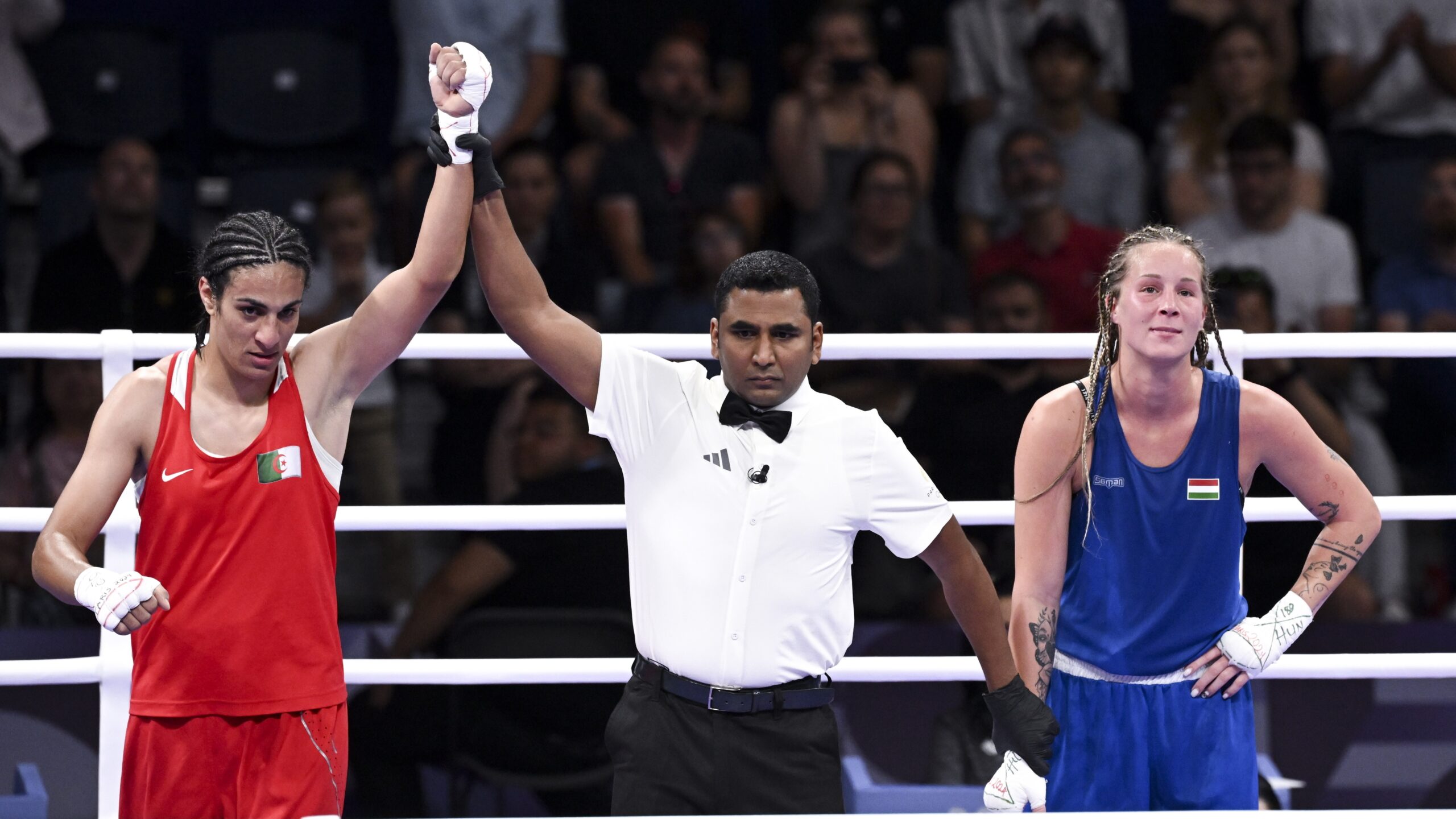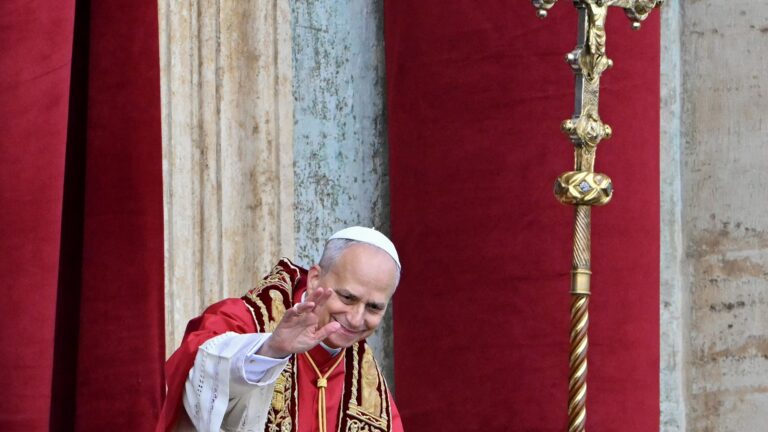Luca Hámori, competing in the women’s 66 kg weight class, finished in fifth place at the Paris Olympics after a unanimous decision loss in the quarterfinals on Saturday to the controversial Algerian boxer Imane Khelif.
The athlete from Kőszeg, who had previously defeated opponents from Ireland and Australia to reach the cusp of a medal, participated in one of the most highly anticipated matches of the boxing tournament at the North Paris Arena on Friday evening.
The arena was packed to capacity well before the quarterfinal bout against Imane Khelif,
with not a single empty seat to be found.
Hámori, an excellent boxer who had secured two impressive victories in the tournament, found herself in the spotlight primarily due to the controversy surrounding her opponent, Imane Khelif. Khelif is one of two boxers allowed to compete in the women’s tournament despite having been excluded from last year’s World Championships by the International Boxing Association (IBA) for failing to comply with eligibility criteria. As explained by IBA President Umar Kremlev, a test performed on the two athletes indicated that they have XY chromosomes, characteristic of biological males, thus disqualifying them as women.
Khelif made her Paris Olympic debut on Thursday morning, with her round of 16 match lasting only 40 seconds after her Italian opponent withdrew from the contest and refused to shake hands, claiming injustice. The post-match events rapidly spread worldwide, drawing disapproval from notable figures such as billionaire Elon Musk and Harry Potter author JK Rowling.
Following these developments, it was confirmed that Hámori would face the masculine-looking Khelif in the quarterfinals on Saturday. After her victory against Australian Marissa Williamson in the round of 16, the 23-year-old Hungarian remarked that she was not surprised by Khelif’s exclusion from the World Championships last year but trusted that those allowing her to compete in the Olympics had verified her eligibility as a woman. She also stated her readiness for the bout.
Lajos Berkó, a member of the Hungarian Boxing Federation (MÖSZ) executive committee, immediately announced that MÖSZ would file an official protest with the International and Hungarian Olympic Committees, expressing their disapproval of the situation. However, he confirmed that Hámori would indeed compete on Saturday.
The Hungarian Olympic Committee (MOB) also supported Hámori, with President Zsolt Gyulay initiating discussions with the IOC sports director to address the situation caused by Khelif’s participation. The IOC defended Khelif and her counterpart, stating that their exclusion from the World Championships by the IBA was unjust and without due process. The IOC emphasized that the boxers are listed as women in their passports, have competed in IBA women’s events for years, and meet all Olympic eligibility criteria. They further clarified that participation criteria cannot be altered mid-competition.
Despite the IOC’s statement, tensions remained high, and the overwhelming interest was evident as journalists and spectators filled the arena well before the match, a stark contrast to previous days.
The quarterfinal match was the eighth bout of the afternoon programme. Any expectation Hámori had for a supportive environment was quickly dispelled by the thousands of Algerian fans in attendance, who drowned out the Hungarian supporters with their cheers for Khelif.
The first round saw cautious boxing from both fighters, each sizing the other up from a distance. Khelif landed some clear punches early, but Hámori countered well, making it an evenly matched contest, though the judges favoured Khelif due to her more significant hits. In the second round, the dynamic remained the same, with both boxers maintaining a safe distance. Khelif landed a few hits early, but Hámori responded with solid jabs and hooks. Despite the balanced exchanges, Khelif again swayed the judges with her stronger punches towards the end of the round, securing a near-certain victory with a 20-18 lead from all judges. Hámori needed a remarkable final round to win but showed signs of fatigue and could not mount significant attacks. Though she landed some notable punches and Khelif was penalized for wrestling her to the ground twice, it was not enough to overturn the result, and Hámori lost by unanimous decision.
In the post-match announcement, Hámori graciously acknowledged her opponent’s victory,
congratulating Khelif and her coaches, who embraced the defeated Hungarian boxer. The three-member Hungarian boxing team concluded the Olympics with two fifth-place finishes, as Kovács Richárd (63.5 kg) had also lost in the quarterfinals.
Following the event and the controversy surrounding it, the Hungarian Boxing Federation (MÖSZ) has announced that Hámori will be awarded the financial prize equivalent to that of a bronze medalist. On Sunday, MÖSZ communicated via social media that they would augment the prize money to Hámori for her points-scoring finish, awarding her the amount typically given for a bronze medal.
Read more on the controversy:







